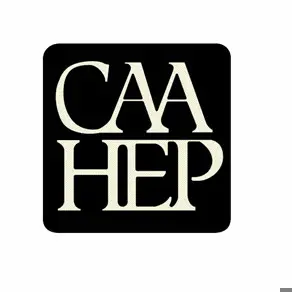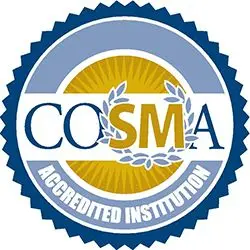The Exercise Science program is accredited by the Commission on Accreditation of Allied Health Education Programs (www.caahep.org) upon the recommendation of Committee on Accreditation for the Exercise Sciences.
Commission on Accreditation of Allied Health Education Programs
25400 US Highway 19 North, Suite 158
Clearwater, FL 33763
727-210-2350
Students in the BS/BA Exercise Science program within the Kinesiology and Sport Department will obtain a depth of knowledge specifically related to skills and abilities used in the allied health industry; apply this understanding in academic and professional settings.
All of the student learning outcomes are based upon the Performance Domains and Associated Job Tasks according to the Job Task Analysis (JTA) matrix. From these JTA domains more precise learning outcomes are established based upon the following:
For the 2024-2025 school year, USI's exercise science graduates had a positive graduate placement of 84%.
Positive placement includes graduation from the program one (1) year ago, admittance to a higher-level degree program, employment in a related field or military service.
For more information on the Exercise Science program click below:
https://www.usi.edu/science/kinesiology-and-sport
The Sport Management degree program(s) at the University of Southern Indiana has received specialized accreditation through the Commission on Sport Management Accreditation (COSMA) located in Fort Collins, Colorado, USA.
The Sport Management programs in the following degrees are accredited by COSMA:
Bachelor of Science and Bachelor of Arts in Sport Management with concentrations in Intercollegiate Athletics, Recreational Sports, Sport Communication, and Sport & Business Studies.
Students in the BS/BA Sport Management program within the Kinesiology and Sport Department will obtain a breadth of understanding in sport within and across diverse populations and apply this understanding in academic and professional settings.
For more information on the Sport Management Undergraduate Program click here: Undergraduate Student Learning Outcomes & Operational Effectiveness Goals
The Sport Management graduate degree program(s) at the University of Southern Indiana has received specialized accreditation through the Commission on Sport Management Accreditation (COSMA) located in Fort Collins, Colorado, USA.
Students in the MS Sport Management program within the Kinesiology and Sport Department will obtain a breadth of understanding in sport within and across diverse populations and apply this understanding in academic and professional settings.
For more information on the Sport Management Graduate Program click here: Graduate Student Learning Outcomes & Operational Effectiveness Goals
For more information on the Kinesiology Undergraduate Program click below:
https://www.usi.edu/science/kinesiology-and-sport

